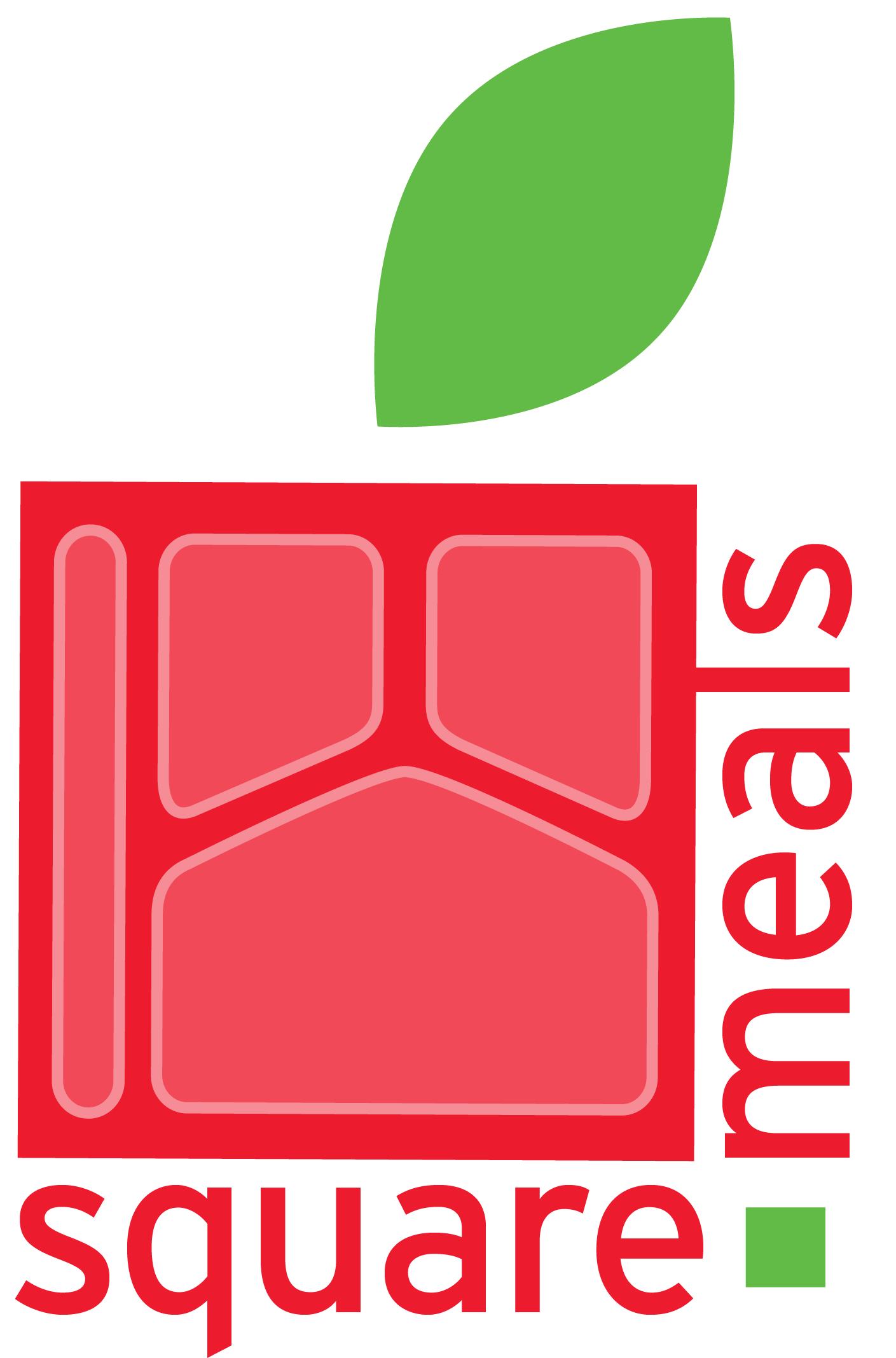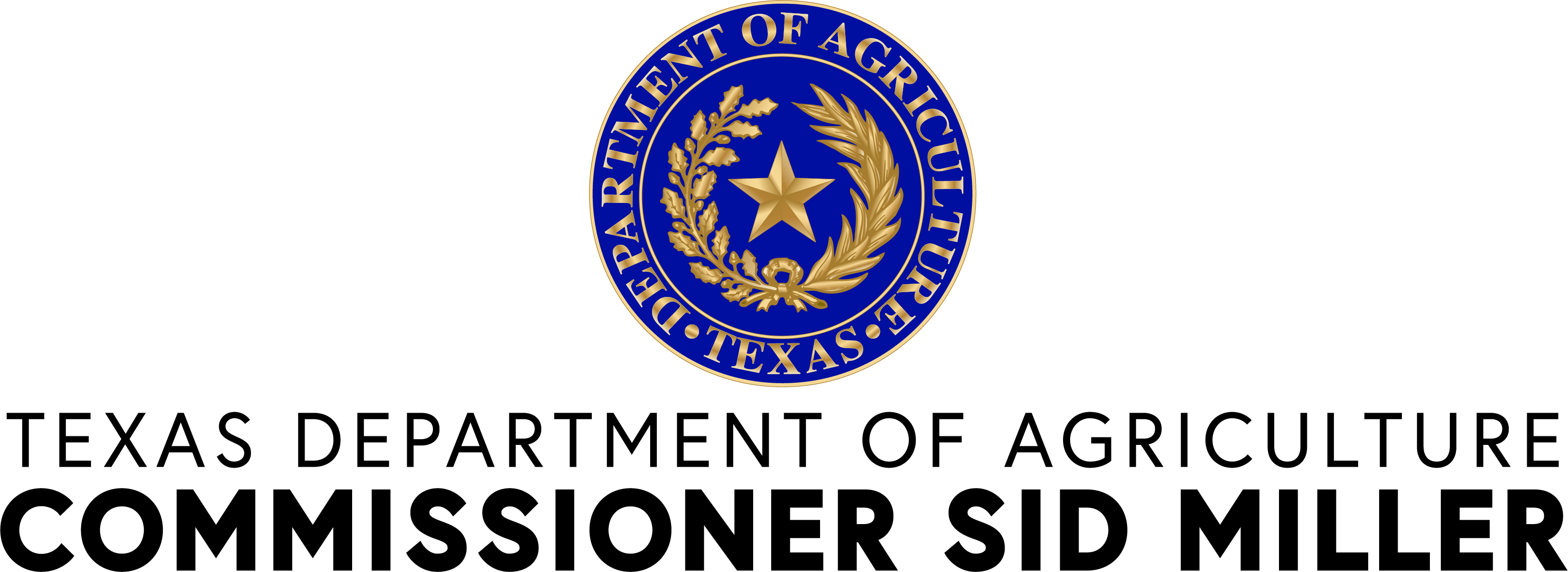| To see News by Program, select from an option below:
|
|
|
|
|
|
|
|
|
Published: 1 years 107 days ago
" USDA has released a new Question & Answer document designed to explain the optional provision that continues to allow the substitution of vegetables for fruits at breakfast, per the 2024 Final Rule, Meal Patterns Consistent With the 2020-2025 Dietary Guidelines for Americans. These flexibilities provide schools with greater menu planning flexibility at breakfast as compared to the previous regulations and provide a straightforward approach to support children’s health and help students consume a variety of vegetables.
"
USDA has released a new Question & Answer document designed to explain the optional provision that continues to allow the substitution of vegetables for fruits at breakfast, per the 2024 Final Rule, Meal Patterns Consistent With the 2020-2025 Dietary Guidelines for Americans. These flexibilities provide schools with greater menu planning flexibility at breakfast as compared to the previous regulations and provide a straightforward approach to support children’s health and help students consume a variety of vegetables.
Starting in school year (SY) 2025-2026:
• Schools choosing to offer vegetables at breakfast in place of fruits one day per week may offer vegetables from any vegetable subgroup.
• Schools choosing to offer vegetables at breakfast in place of fruits on two or more days per week must offer vegetables from at least two different vegetable subgroups over the course of the week.
However, in SY 2024-2025, per the March 9, 2024, Appropriations Act, Congress provided that school food authorities (SFAs) participating in the School Breakfast Program may credit any vegetable offered in place of fruit without including vegetable subgroup variety. This provision is effective only for SY 2024-2025 and restricts USDA from enforcing the vegetable variety requirements at breakfast. However, to expose children to the nutrients that come from a variety of vegetables, USDA continues to encourage Program operators to include a variety of vegetables at breakfast.
For more information, please reference the new Q&A resource created by USDA.
###
|
|
|
|
|
|
|
Assistance available in English and Spanish. Please call 877-TEX-MEAL (877-839-6325) for help. Additional translations services available as well.
|
|
In accordance with federal civil rights law and U.S. Department of Agriculture (USDA) civil rights regulations and policies, this institution is prohibited from discriminating on the basis of race, color, national origin, sex, disability, age, or reprisal or retaliation for prior civil rights activity.
Program information may be made available in languages other than English. Persons with disabilities who require alternative means of communication to obtain program information (e.g., Braille, large print, audiotape, American Sign Language), should contact the responsible state or local agency that administers the program or USDA’s TARGET Center at (202) 720-2600 (voice and TTY) or contact USDA through the Federal Relay Service at (800) 877-8339.
To file a program discrimination complaint, a Complainant should complete a Form AD-3027, USDA Program Discrimination Complaint Form which can be obtained online at: https://www.usda.gov/sites/default/files/documents/ad-3027.pdf, from any USDA office, by calling (866) 632-9992, or by writing a letter addressed to USDA. The letter must contain the complainant’s name, address, telephone number, and a written description of the alleged discriminatory action in sufficient detail to inform the Assistant Secretary for Civil Rights (ASCR) about the nature and date of an alleged civil rights violation. The completed AD-3027 form or letter must be submitted to USDA by:
|
|
1. Mail:
U.S. Department of Agriculture
Office of the Assistant Secretary for Civil Rights
1400 Independence Avenue, SW
Washington, D.C. 20250-9410; or
2. Fax: (833) 256-1665 or (202) 690-7442; or
|
|
| This institution is an equal opportunity provider. |
 |

|
|
|